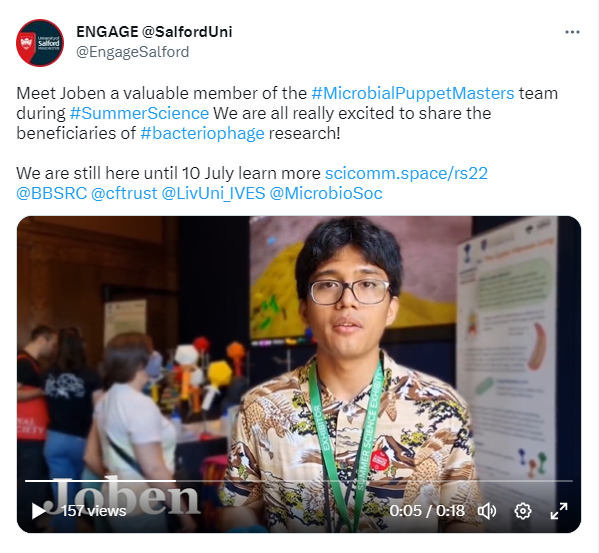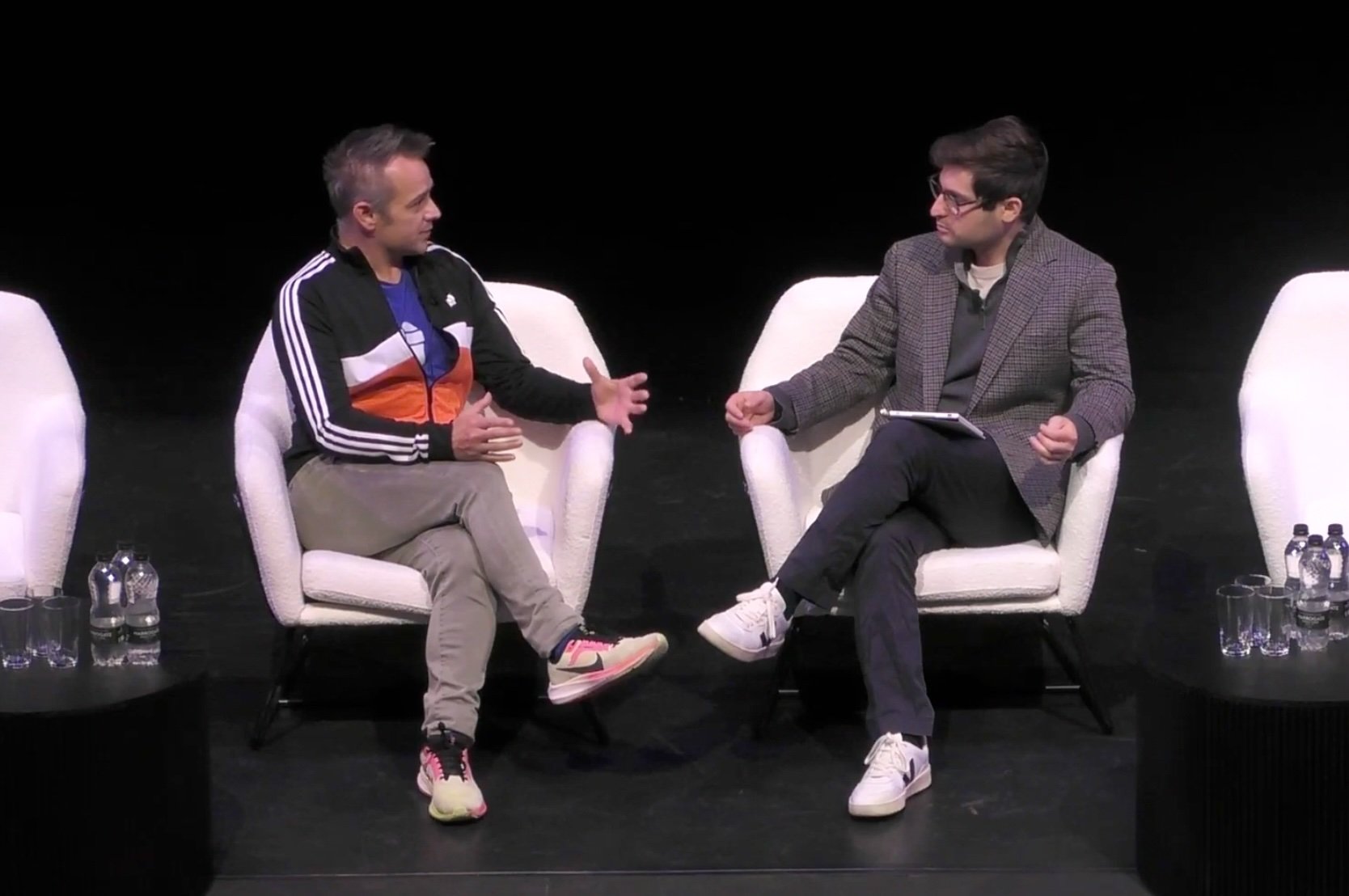AHRC BEIng human festival
We are proud to have a series of events in this year’s festival, find all the links below!
'All That is Buried' Film Premiere (11 Nov)
Join us for the premiere of All That Is Buried. Shot in Cape Town, South Africa, this short film showcases the talents of poet Zizipho Bam, writer Sindiswa Busuku, artist/activist Haroon Gunn-Salie and musician Dizu Plaatjies as they move between their homes, work and sites of inspiration in and around the city. The film explores the lasting impacts of colonialism and apartheid in and on South African art forms, as the four creatives explain the role of art, music and writing in responding to ongoing racial and gender inequalities in South Africa today.
The event includes a welcome drink, film screening, and Q+A with filmmakers Maire Tracey and Simon Stanton-Sharma, and researchers Dr Jade Munslow Ong and Dr Sanja Nivesjö.
This event is part of the Being Human festival, the UK’s national festival of the humanities, taking place 10–19 November 2022. Led by the School of Advanced Study, University of London, with generous support from Research England, in partnership with the Arts and Humanities Research Council and the British Academy. For further information please see beinghumanfestival.org.
life in the metaverse (16 NoV)
The metaverse has become a big point of discussion in a post-covid world, where digital lives have become even more compelling, abundant, and technological, but what will this mean for how societies function and how people relate to one another? Should we be anxious about a future mediated by virtual reality devices, or look forward to even greater freedoms?
This event invites people to enter a unique virtual reality environment and explore what social life in the metaverse will be like. It will take place in Salford University’s virtual reality campus and will be accessible to people in person or remote.
Participants will be invited to enter a unique virtual reality space through Oculus Quest VR headsets or through mobile devices and computers to experience life in virtual reality, examine what being social means in the metaverse, and consider what a future might look like where our world is mediated by technology.
Led by leading expert in the Metaverse and digital culture, Professor Andy Miah with experts from the University of Salford Metaverse Special Interest Group and beyond.
Part of the AHRC Being Human Festival
All Shapes and Sizes (19 Nov)
Come along to for this family friendly event to experiment with hands on activities that explore steam engines. Visitors will get the chance to try out augmented reality concepts and a paper-craft activity that encourages tinkering and playfulness.
Steam engines come in all sorts of shapes and sizes and were designed for a variety of different tasks. But almost all have the same five important engine parts – cylinder, crank, flywheel, governor, and belt connection.
Join the University of Salford’s(Opens in new window) Digital Curation Lab to explore these huge and powerful engines in this family fun day. Your input will also help the Science and Industry Museum(Opens in new window) to think about the future development of the 'Power Hall', an exhibition of working steam engines due to re-open to the public in 2024.
New Perceptions of Familiar Places (19 Nov)
New Perceptions of Familiar Places is a public engagement event. It showcases a video and sound installation of walks in Salford and several other cities around the world. The installation will take place in Salford Museum from 12 noon, 1pm and 2pm, and visitors can engage with the videos and sound recordings and respond in creative ways. The event breaks through geographical and perceptual barriers that may prevent us from understanding and engaging with urban environments. To view familiar places in new ways, we are using “La Dérive”, a way of walking and seeing that was developed by the Situationists International, and Hildegarde Westerkamp’s “soundwalking”. La Dérive or “drifting” deliberately avoids following prescribed or familiar pathways within cities. Soundwalking is group walking led in silence and to help participants pay attention to sounds in an environment. The goal of the event is to enhance attention of visitors to the Museum to details within their environment by engaging all the senses and by raising awareness of familiar surroundings.



































































